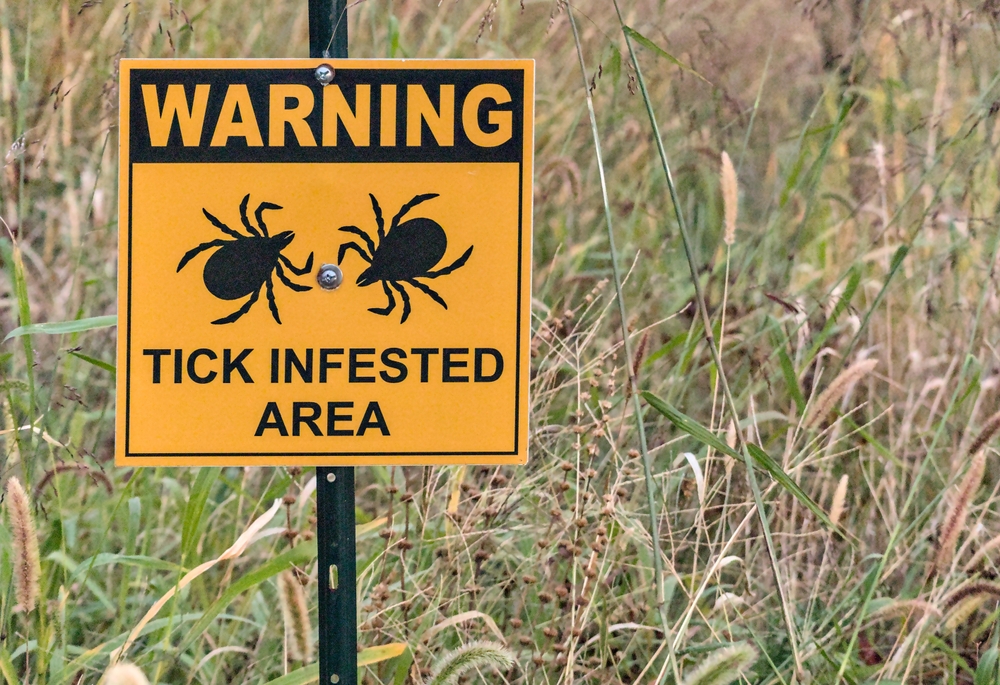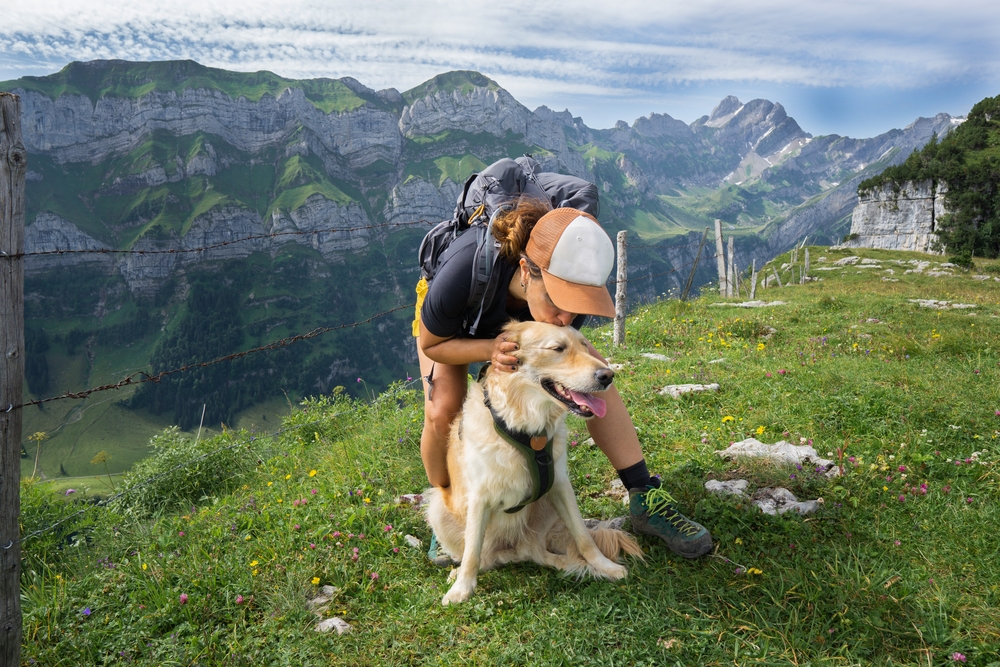Hiking with your dog is great exercise and a wonderful bonding experience, but preparation is necessary to ensure the outing is not only fun but also safe. Our Westerville Veterinary Clinic team encourages you to get out and be active with your four-legged friend, and we provide helpful tips on hiking safely together.
Schedule a veterinary appointment before your hike
If you haven’t visited us at Westerville Veterinary Clinic for a while, schedule an appointment to ensure your dog is fit and healthy enough for a hike. We can also help you with other considerations, including:
- Vaccinations — Keeping your dog’s vaccines up to date is important to ensure they don’t transmit a nasty infectious disease while on the trail. We will administer your dog’s core vaccines, as well as any non-core vaccines, such as leptospirosis and Lyme disease, that we feel may be necessary to keep them protected when hiking.
- Parasite control — Your canine friend is always susceptible to parasites, such as fleas, ticks, heartworms, and intestinal parasites, but hiking in the great outdoors increases their risk. Ensure your dog is protected with appropriate parasite prevention. Our team can help you determine their best products.
- Microchip — Even the most well-behaved dogs can get lost in the excitement of exploring new territories. Ensure your canine companion is microchipped before tackling the trail.
Pack hiking supplies for your dog
Ensure you prepare your dog for a hiking expedition by packing the following supplies:
- Collar or harness — While on the trail, ensure your dog always wears a collar or harness with identification tags with your current contact information.
- Leash — Leather and nylon leashes are durable enough to withstand trail obstacles. If you use an extendable leash, keep it short enough to retain adequate control of your dog.
- Water — Pack at least eight ounces of water per dog per hour of hiking.
- Food — If you are setting out for a long hike, take nutritious snacks to help keep your dog’s energy level high. Feed small, frequent meals to avoid gastrointestinal (GI) upset that can result from exercising on a full stomach.
- Collapsible bowl — Pack a collapsible bowl, so you can easily give your dog food and water.
- Plastic bags — Pack plastic bags, so you can remove and dispose of your dog’s waste appropriately.
- Pet first aid kit — Ensure you include a pet first aid kit should your canine friend be injured or become ill while on the trail.
Practice good dog hiking etiquette
Enjoying your hike is important, but you must also be aware of other trail users and minimize your environmental impact. Tips include:
- Do your research — Before heading out with your canine hiking companion, ensure the trail allows dogs.
- Train your dog — Untrained dogs should not be allowed on public hiking trails, since they can endanger themselves and other trail-users.
- Keep your dog leashed — Most national parks and other trail areas require that dogs be leashed when hiking.
- Yield right of way — When you meet another trail user, yield the right-of-way by stepping clear of the path and allowing them to pass. This is especially important when you meet horse-back riders and bicyclists.
- Stick to the trail — Stick to the designated trails for minimum impact.
- Avoid wildlife — Never allow your dog to approach or disturb wildlife.
- Leave no trace — Always clean up after your dog and dispose of waste material and trash appropriately.
Monitor your dog for safety

Keep a close eye on your dog on the trail to ensure they stay safe. Considerations include:
- Avoid natural water bodies — Don’t let your dog drink from natural water sources, which may contain pathogens or parasites.
- Monitor for heatstroke — Watch your dog closely for signs, such as heavy panting, drooling, and lethargy, which could indicate heatstroke.
- Protect the paws — Check your dog’s paws frequently to ensure they are not injured by rocks or other potential hazards. Consider dog booties or paw wax if the trail is especially rough.
- Drink often — Offer your dog water frequently to help prevent dehydration.
- Tick off ticks — Check your dog for ticks after the hike to help prevent tick-borne illnesses.
If you’re planning a hike with your canine companion, contact our Westerville Veterinary Clinic team first. We will check them over to ensure they are fit and healthy enough for the adventure.







Leave A Comment